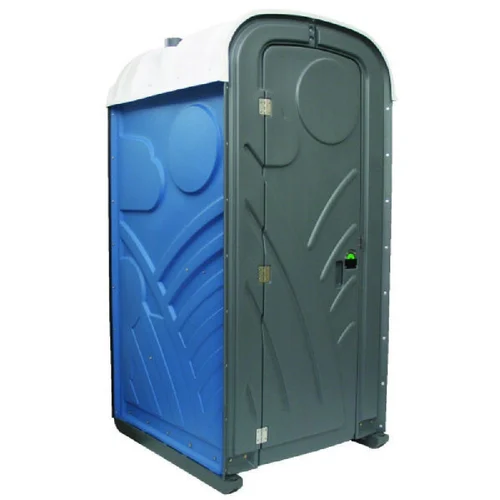Computer-controlled tools have revolutionized aerospace and automotive fabrication by significantly enhancing precision, efficiency, and flexibility in manufacturing processes. In these industries, where safety, reliability, and performance are paramount, the integration of computer numerical control CNC machines and automated systems ensures that complex components are produced to exact specifications with minimal human error. This technological advancement not only reduces production times but also improves the overall quality and consistency of parts, which is critical for the demanding standards in aerospace and automotive sectors. In aerospace fabrication, computer-controlled tools are indispensable for machining intricate components such as turbine blades, structural airframe parts, and engine components. These parts often require high precision due to their complex geometries and the stringent tolerance levels necessary for safety and performance. CNC machines, equipped with advanced software, enable the precise cutting, drilling, milling, and shaping of materials like titanium, aluminum alloys, and composites.
The ability to program these machines allows manufacturers to produce parts with intricate designs that would be difficult or impossible to achieve through manual machining. Furthermore, the use of computer-controlled tools facilitates rapid prototyping and iterative design improvements, enabling aerospace engineers to optimize component performance before full-scale production. In the automotive industry, computer-controlled tools play a crucial role in fabricating everything from engine blocks to body panels. With the growing demand for lighter, stronger, and more fuel-efficient vehicles, manufacturers rely on Uneed CNC machining and robotic automation to achieve consistent quality and reduce material waste. Automated systems allow for high-volume production runs while maintaining tight tolerances, ensuring that parts fit perfectly during assembly and function reliably over time. Additionally, computer-controlled tools enable customization and adaptation in the manufacturing process, supporting the production of specialized or limited-edition vehicle models without extensive retooling.
One of the key benefits of computer-controlled tools in both aerospace and automotive fabrication is the improvement in safety and ergonomics for workers. By automating hazardous or repetitive tasks, these tools reduce the risk of injury and allow human operators to focus on monitoring and quality control rather than manual labor. This cnc machine basic knowledge shift also contributes to higher productivity and lower labor costs, which are critical in highly competitive markets. Moreover, computer-controlled fabrication tools integrate seamlessly with digital design workflows such as computer-aided design CAD and computer-aided manufacturing CAM. This integration allows for the direct translation of design models into machining instructions, minimizing errors and speeding up the transition from concept to finished product. The digital nature of these tools also enables easy adjustments and refinements, supporting agile manufacturing practices. Their role continues to expand with advancements in automation, materials science, and digital manufacturing technologies, driving innovation and competitiveness in these critical industries.




